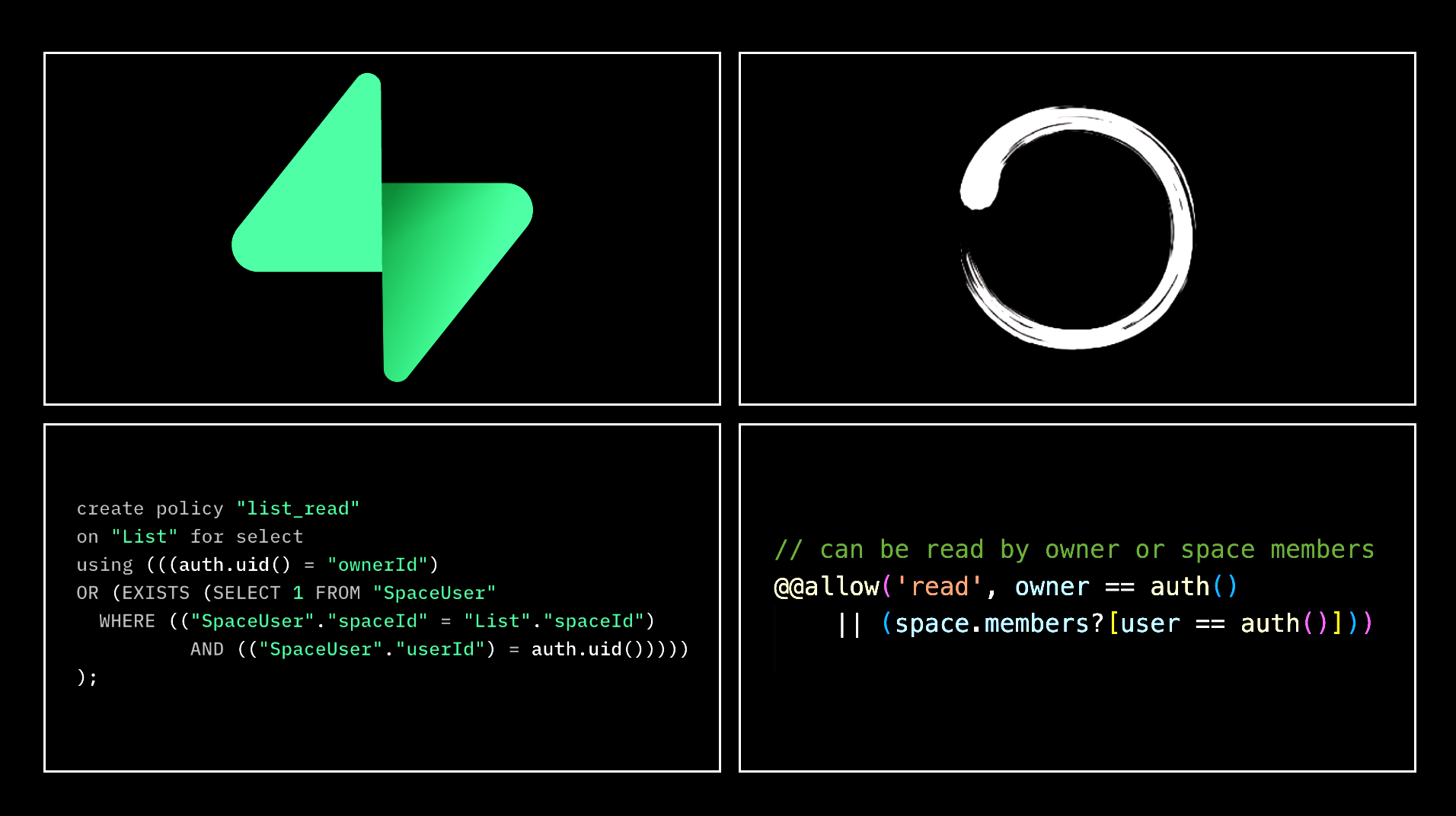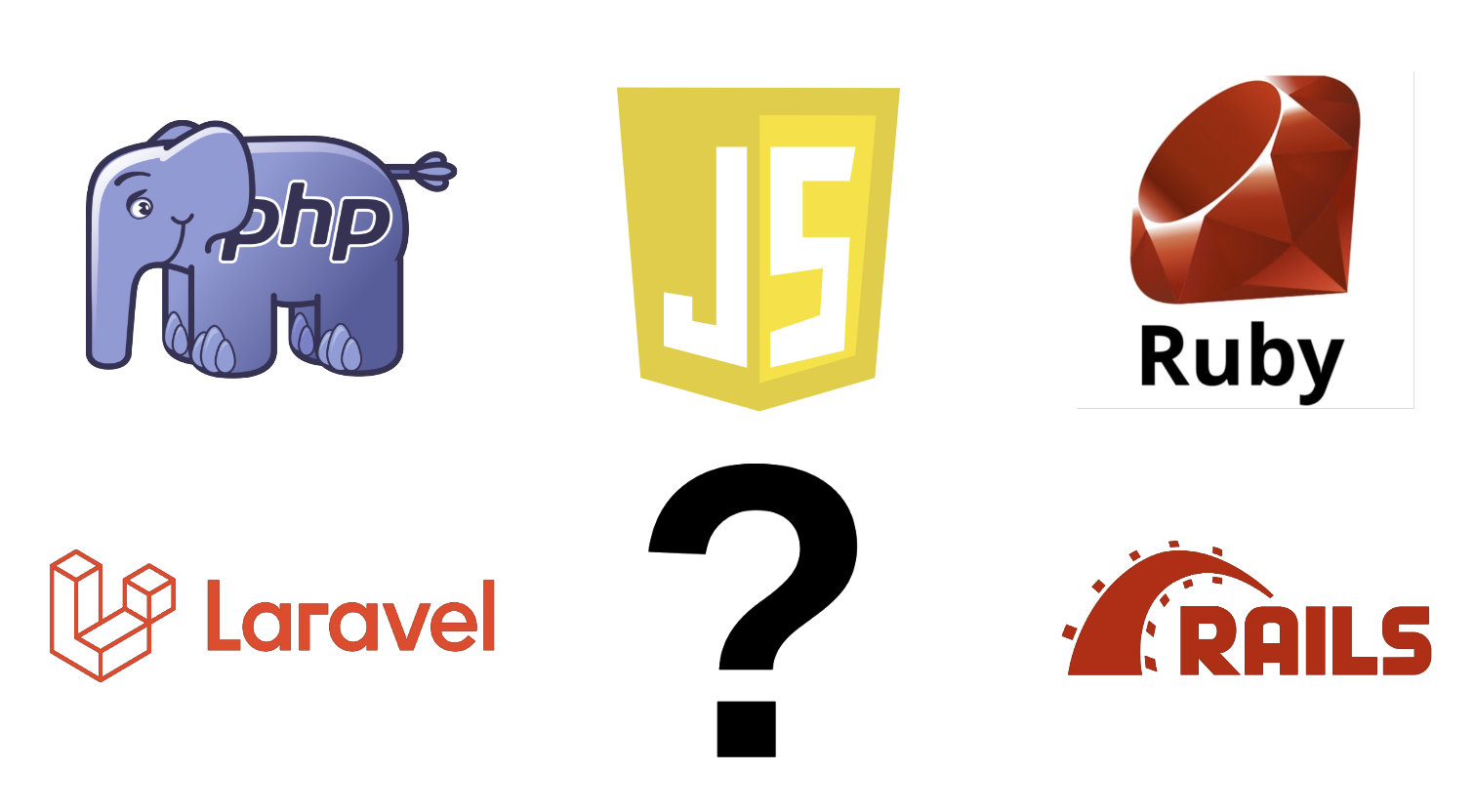Typing Those JSON Fields? Yes, You Can!

SQL databases provide us with many benefits, the most important of which is strong schema enforcement. Yes, you pay the cost of migration when the schema changes, but the gain is far more significant - your code is clean because it can assume all data are in correct shapes.
However, once in a while, we want to break free from such strong guarantees for valid reasons. You may have some tiny objects that you want to attach to the main entities (e.g., metadata of an image) without formalizing them into a separate table. Or you need to store records with many possible sparse fields but want to avoid creating wide tables.






 Recently, there has been a heated discussion on Twitter between JS developers and Laravel and Rails developers. It started with a lengthy tweet from Taylor Otwell, author of
Recently, there has been a heated discussion on Twitter between JS developers and Laravel and Rails developers. It started with a lengthy tweet from Taylor Otwell, author of 


